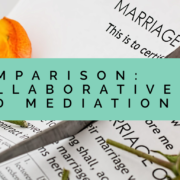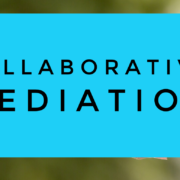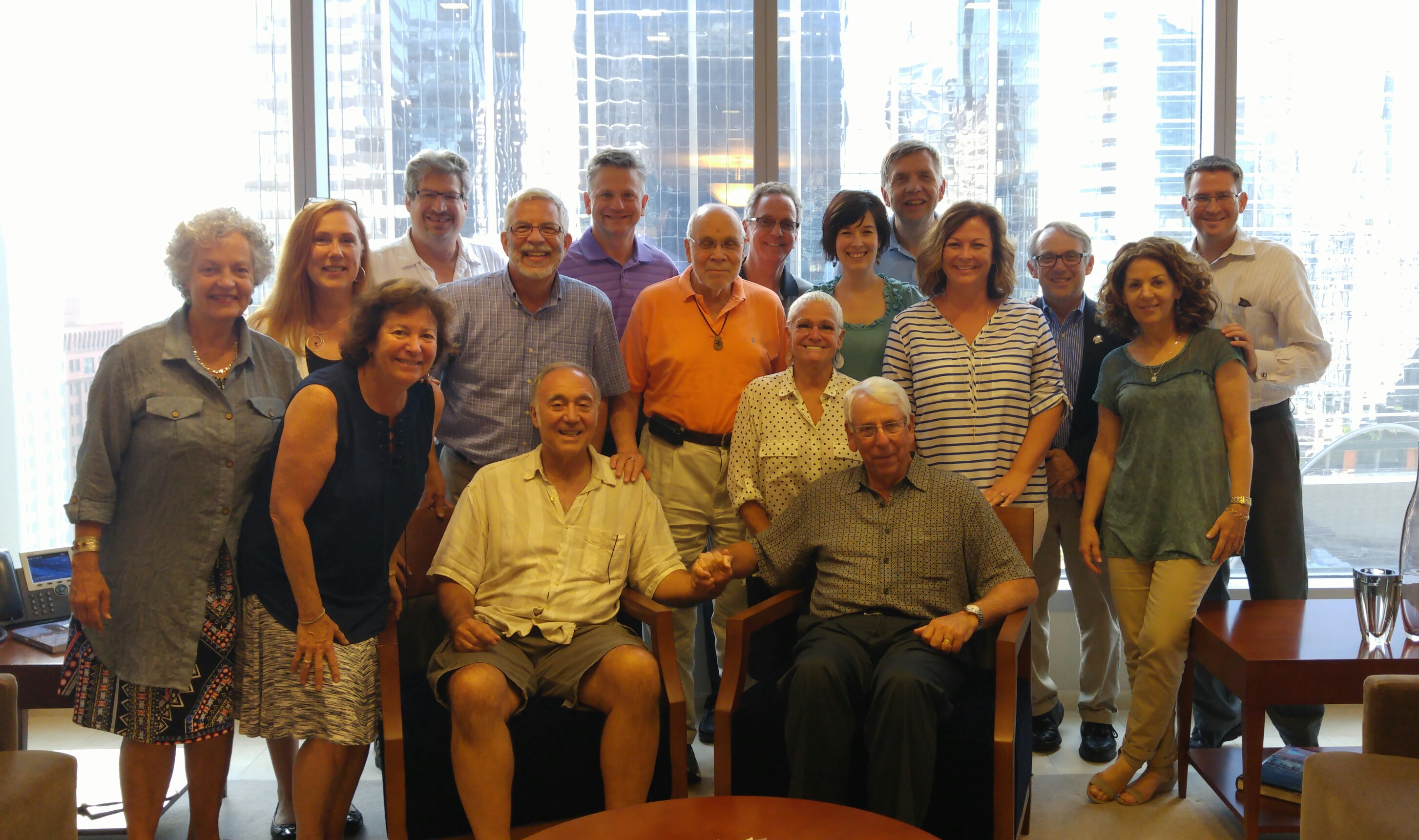There are many ways to resolve your divorce issues. The most well-known option is courtroom divorce. This is where the spouses spend years battling it out, finding ways to undermine one another. In the end, a judge tells them who gets what property and where the kids sleep at night. There is also mediation and collaborative divorce, private forms of dispute resolution. But two less known methods for resolving your divorce are co-mediation and collaborative mediation.
Co-Mediation
Co-mediation is a way for you and your spouse to resolve disputes outside of court with two or more mediators. Oftentimes, the mediators have different training and skillsets. In the co-mediation that Family Diplomacy offers, one co-mediator is an attorney by training. The other is a therapist or accountant by training. The co-mediators do not provide legal or financial advice, nor do we engage in therapy. Rather, in a series of face-to-face meetings, we help develop options that meet your legal, financial, and emotional needs.
Collaborative Mediation
In collaborative mediation, you and your spouse each have your own attorneys. The attorneys can only represent you in private dispute resolution. Accordingly, the attorneys spend no time, energy, or money on opposition research, preparing for trial, or encouraging you and your spouse to fight. The collaborative attorneys provide their clients with legal advice so you can make-well informed decisions. The neutral mediator or co-mediators help facilitate an agreement and keeps the process moving forward.
You and your spouse have the ultimate say in how you want to use your attorneys in collaborative mediation. The attorneys can be by your side at each mediation meeting. Alternatively, the attorneys do not attend mediation but instead provide you with advice outside of meetings or only once the mediator(s) draft up an agreement. Still, another option is for the attorneys to attend some meetings (like ones focused on financial matters), but not other meetings (i.e., parenting plan discussions).
Co-Mediation and Collaborative Mediation
 Rachel Moskowitz, a Licensed Mental Health Counselor with whom I frequently co-mediate, recently wrote an article for Commentator Magazine. The article describes a case study in which we had a co-mediation that turned into a collaborative mediation. You can find an excerpt of the article below.
Rachel Moskowitz, a Licensed Mental Health Counselor with whom I frequently co-mediate, recently wrote an article for Commentator Magazine. The article describes a case study in which we had a co-mediation that turned into a collaborative mediation. You can find an excerpt of the article below.
Read more →








